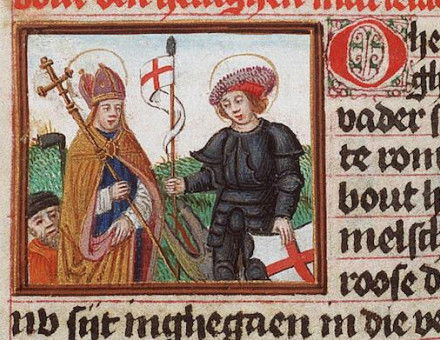Russia and the European Revolutions of 1848
W. Bruce Lincoln describes how the European Revolutions of 1848 alarmed the Russian Government so much, it sent its armies to aid the Habsburgs in Hungary.
At the beginning of 1848, Russia’s upper classes looked forward to a continuation of the calm and orderly life they had enjoyed ever since the Emperor Nicholas I had ascended the throne in 1825. To be sure, there were a small number of aristocratic intellectuals, increasingly alienated from the mainstream of Russian life, who criticized Russia’s government and society, but for the majority of the nobility in Russia, and particularly for those in St Petersburg, such criticisms had little meaning. As General A. E. Tsimmerman recalled, nearly two decades later, about life in the capital during the 1840s:
‘The entire order seemed as if it would stand for a long time and no dissonances marred the general harmony, for there was a conservative monarchical sentiment in all strata [of society] and there seemed to be no possibility of any other.’





